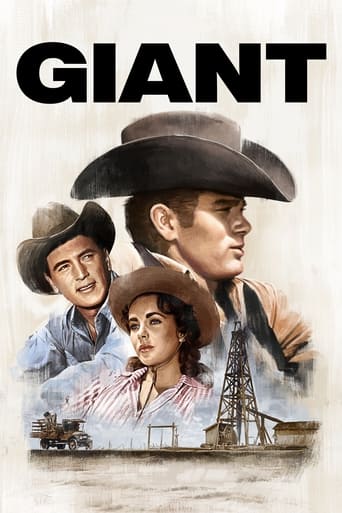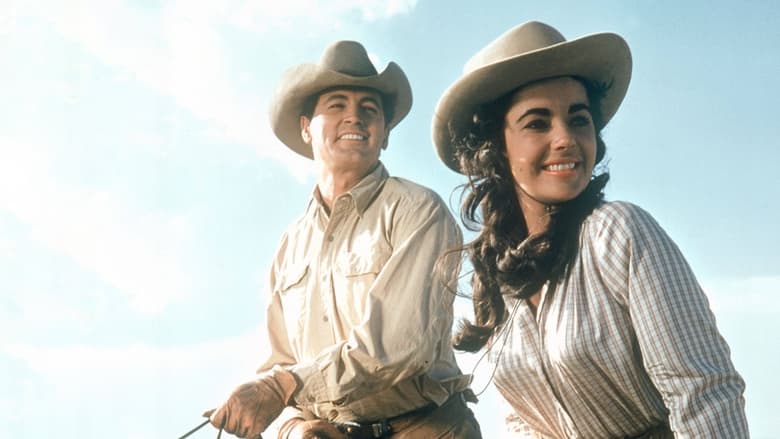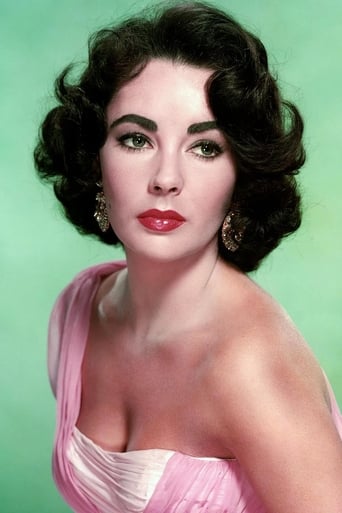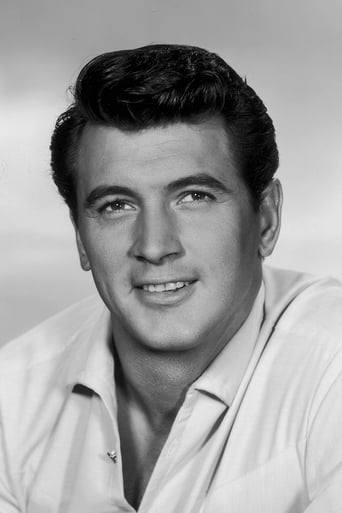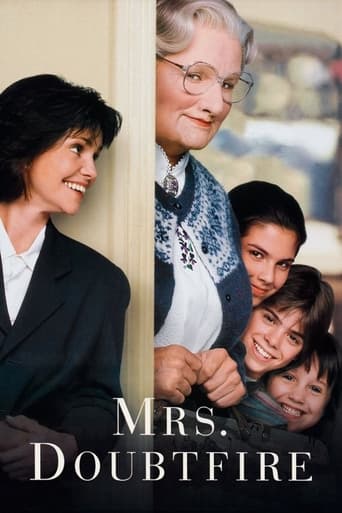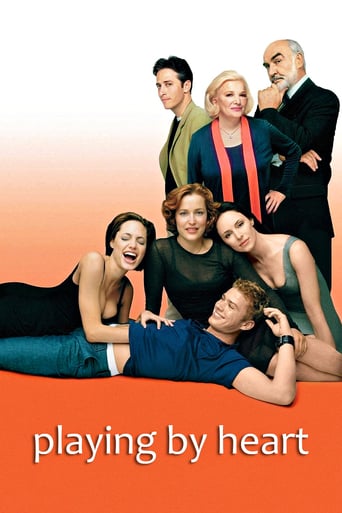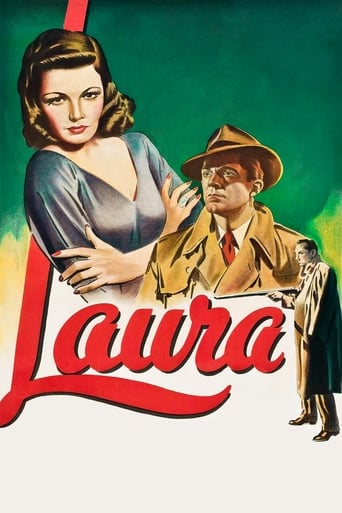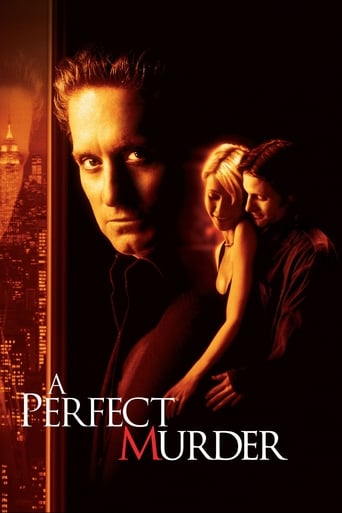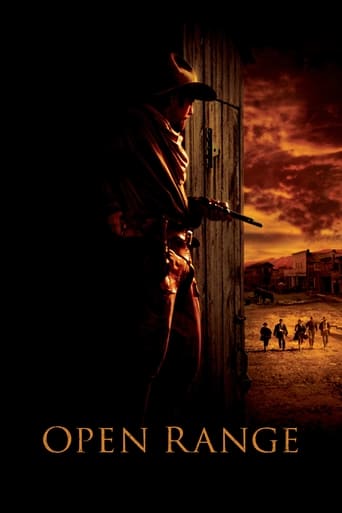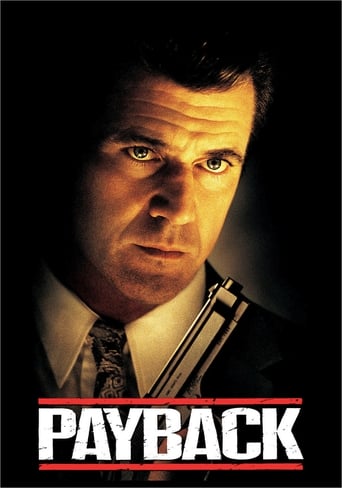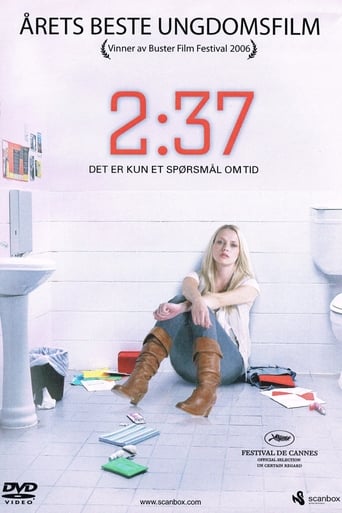Giant (1956)
Wealthy rancher Bick Benedict and dirt-poor cowboy Jett Rink both woo Leslie Lynnton, a beautiful young woman from Maryland who is new to Texas. She marries Benedict, but she is shocked by the racial bigotry of the White Texans against the local people of Mexican descent. Rink discovers oil on a small plot of land, and while he uses his vast, new wealth to buy all the land surrounding the Benedict ranch, the Benedict's disagreement over prejudice fuels conflict that runs across generations.
Watch Trailer
Cast


Similar titles

Reviews
Rock Hudson, Elizabeth Taylor, & James Dean star in a film about much more than what it first appears.On the surface boy and girl meet, fall in love, marry, and move to Texas. Just below the surface the film tackles the roles of women in work & education, worker's working & living conditions, equal rights, & immigration just to name a few.James Dean goes from town hoopie to oil millionaire over the course of the film. This was the last role filmed before his death.Great film that brings tackles topics I never thought it would.
No need to recap plot or echo consensus points. Instead I want to briefly examine three significant themes that the movie deals with. These prove especially topical now, even 60-years after the movie's release. Many film elements may have dated, but the themes haven't. First, however, a brief background since I remember the movie's initial splash with fond memories.Okay, what does a 1950's studio do to get people out of their TV chairs and into a cramped theatre seat. First, they hire two of the biggest stars of the day (Hudson & Taylor), then the fastest rising star (Dean), and a whole troupe of colorful supporting players, plus an established director (Stevens) with a flair for epics. Then they send them all down to the great expanse of southwestern Texas to film locations. For a screenplay, they get well-known Edna Ferber's sprawling account of our then biggest state and adapt it for the Technicolor screen in the brightest hues. Put 'em together and Warner Bros. has a box- office smash that drew folks, especially Dean-soaked teens, into theatres and drive-ins everywhere. Sure, much of the novel appeal has faded over time, while the sometimes dawdling 3-hour runtime seems excessive for today's attention spans. At the same time, the screenplay's cultural significance can be easily overshadowed by these showier parts. Still, the film's loaded with visual appeal and ideas that still resonate. So, will Bick (Hudson) and Leslie (Taylor) overcome their cultural differences and make a married go of it on his sprawling Texas cattle ranch. After all, she's from the East and clearly of a background that lets her speak her mind. Trouble is, upper class Texas wives are expected to keep their place and hold their tongue. So when Leslie intrudes on a husbands' political parley and calls the men Neanderthals for excluding women, we know Bick's got big adjustments to make. More than that—we've got a 50's foreshadowing of the feminist movement that would gain real momentum in the 1960's.But not only is wife Leslie a prophet of feminist ideas, she's an advocate of racial equality. In Texas, that means putting the repressed Mexican-Americans on an equal footing with whites. And that means confronting a more pointed issue than whether wives should speak up. Here, I think, the script fudges some. Leslie is quite insistent on integrating her Latina daughter-in-law (Cardenas) into social occasions, thereby breaking the color line in an obvious way. Nor does she oppose son Jordy's marrying a Mexican-American, unlike Bick and the traditionalists. Clearly, Leslie's character is designed as an agent of change, bringing more modern social values to a traditionally male and race dominated Texas culture.Now, where I think the screenplay fudges, is by not really showing any overt opposition to Leslie's integrationist ways from Bick's elitist social class. Of course, blue-collar café owner Sarge (Simpson) decks Bick over the issue, thereby signaling that in the conflict between property and equality, property rights (his café) are the priority. On the other hand, Bick's upper class peers are portrayed as going meekly along with Leslie's (and eventually Bick's) integrationist efforts, regardless of what they may be thinking. There could be a number of reasons for the script's finessing this point, but it strikes me as a retreat from an especially significant aspect of a key theme. After all, the elite have all kinds of ways of pressuring Bick besides decking him Sarge-fashion.The last key theme is not emphasized as much as the other two, but is significantly present, nonetheless. And that is allowing the individual to decide his (or her) own course in life without having it dictated by tradition. Bick would naturally like eldest son Jordy to take over his cattle and oil empire after he passes on. Nothing unusual about that. In fact, the roots go back to that of preserving wealth and power in the middle-ages through inheritance. But Jordy has other ideas, like being a doctor, instead. Bick's not happy about his empire not being passed to Benedict the Third, but maybe one of his son-in-laws will be interested. Except that turns out to be a bigger problem than he thought. Anyway, each family member is portrayed as eventually following his or her desires rather than something imposed. Still, the question of life's chosen path remains an ongoing difficulty regardless of era. Oddly, the movie's third main character Jett Rink appears uninvolved in any of these underlying themes. Instead, he's driven by his unrequited love for the unobtainable Leslie. But since the actor's the famously eccentric Dean, his movie character can't be someone too conventional. So Rink follows his own quirky beat.Anyway, seeing the movie again after 60-years was still a visual treat. What I guess grabbed me now are the themes that must have slipped by my first viewing. After all, where else at that time could such big stars as Taylor and Hudson and teen idol Dean be seen in the same feature, along with the vast Texas expanse and those opulent mansion interiors.At the time, these visuals seemed overwhelming and still are entertaining. But then focus does have a way of altering over time, and I guess mine did.
Spoilers ahead. So what happens in "Giant"? Or rather, what doesn't? PLOT POINT: Handsome, successful, suit wearing Rock brings Liz back to his ranch, to live forever. Immediately upon her arrival, she meets James Dean, a troubled, boyishly handsome ranch hand closer to her age. QUESTION: Will Liz find herself in a torrid love triangle, forced to choose between these two very different (but fascinating) men? ANSWER: Nope. She has little, if any interest in Dean, and only shares a few minutes of screen time with him. He does appear to be interested in her. But whatever is going on psychologically inside the Dean character isn't well dramatized on screen. He's mostly a mystery, a withdrawn, silent character. He does little if anything to actually try to win Liz's heart. At the end of the film, he seems to suggest that his unrequited love for Liz drove all his actions and ruined his life. But given how little interest Liz took in him, Dean ultimately comes off more like an emotionally immature, lovesick teenager than some tragic figure. And the film doesn't even bother to give us a Liz/Dean scene at the end, to provide closure to this part of the story. PLOT POINT: Upon her arrival, Liz also meets Rock's strong willed sister. She's been the queen of the ranch up until now. QUESTION: Will Liz and the sister fight over who is in charge of the ranch, and Rock? ANSWER: Nope. The sister dies shortly after Liz's arrival, in a completely arbitrary, random horse accident. PLOT POINT: Dean inherits a small patch of land adjacent to Rock's ranch. QUESTION: Will the two rivals, now living side by side wage war with each other in an epic battle for control? ANSWER: Nope. They mostly get along with only minor problems. When Dean's wealth reaches new heights, Rock simply sells out. PLOT POINT: Sal Mineo is introduced as a young man who is interested in ranch life, unlike Rock's own kids. QUESTION: Will Mineo, in time, become Rock's surrogate son, and new ranch head? ANSWER: Nope. Mineo is killed (off screen) during the war. The audience is subjected to a dull, unnecessary five minute funeral scene for his character. (While he was alive, all of Mineo's scenes combined represented about two minutes of screen time. The film inexplicably spends more time on his funeral than it did on him!) PLOT POINT: Once grown, Rock's and Liz's kids want to do things with their lives that are different from what their parents want for them. QUESTION: Will these disagreements create conflict in the family? ANSWER: Nope. Rock lets the kids follow their hearts. PLOT POINT: Rock's Latino daughter in law is refused service in the salon in Dean's huge hotel. Rock takes this as a very personal insult to his family by Dean. The two men fight. QUESTION: Does this represent a satisfying climax to the film?ANSWER: Nope. Technically, Rock is right. As the owner of the hotel/salon, Dean is ultimately responsible for what goes on there. But Dean doesn't seem like a racist. He's never said or done anything racist during the film. Also, Dean seems like an indifferent businessman, more lucky than smart. It's unlikely that he was even aware that these racist policies were even in place. Dean's culpability here is weak at best, and it seems like a tenuous foundation to build the climax of a three hour film on. PLOT POINT: At the end of the film, Rock and his family visit a diner. While there, they notice that the owner refuses service to a Latino family, one that Rock has never met and has no connection to whatsoever. QUESTION: Rock fights the manager, to express his outrage at the manager's racism, and to convince him to change this policy. The music score swells. Does Rock win? Does the final scene offer any kind of satisfactory conclusion to this would-be epic story? ANSWER: Nope. Rock loses and the diner will continue its racist policy. The film attempts to end on a happy note, showing that Rock now cares about people of color. But Rock never expressed any racist views in any prior scene, so this doesn't represent substantive character growth. (His affection for Sal Mineo seemed to suggest a man with no race or class prejudices.) Even if Rock had won, it's just a conflict between two men at a diner. For a three hour film called "Giant," it feels like an oddly inconsequential ending.
i am robert dean. i saw the movie "giant" when it first came out when i was just a boy of 10 years old. james dean impressed me greatly even back then, when i was just a boy. to see him as a middle-aged man, dressed to the nines, with beautiful grey leather gloves on, gripped me back then. i do not know if i have seen the movie since. i grasped it's essence even back then. his death from an auto crash tore me up. it was too surreal. this is now june, 2014, i saw the movie "giant", again. from an old man's eyes, one who has suffered as much as i have suffered in this world. i cried! i question God every day of my life now, why He creates such beautiful human beings as james dean certainly was, and, let's them die horribly in an auto wreck! i have just checked out 5-8 books recently, all on james dean. so many, many photos! he studied ballet! ballet! he played baseball as a boy, as i did. only difference: i grew up in the city. james grew up on a farm. i am writing this review for the world to know that i think, based on what i have recently seen, that james byron dean was a genius! a real genius! he was the real thing, people. no pretense. bravo, for the director, george stevens, who saw something in james dean, and, allowed him to star in the movie "giant". as we see james dean age, on screen in this, his last, movie, we see true genius.

